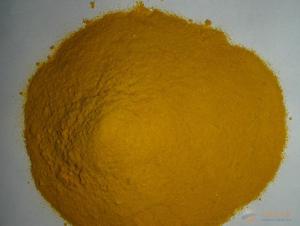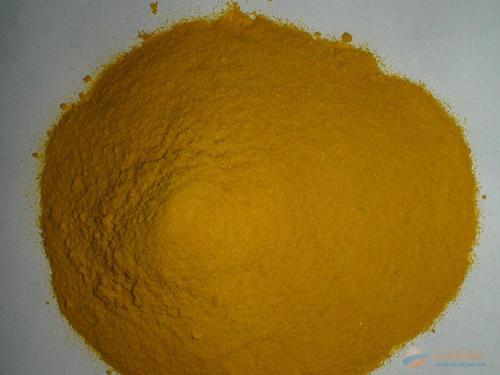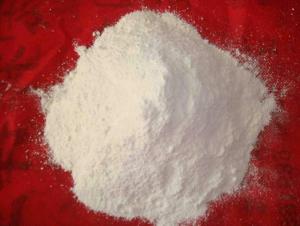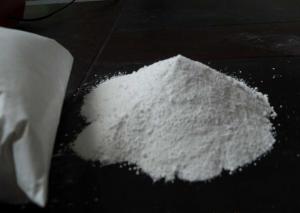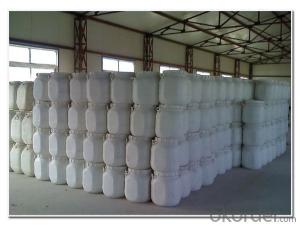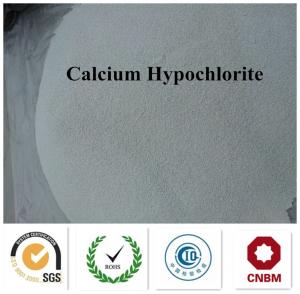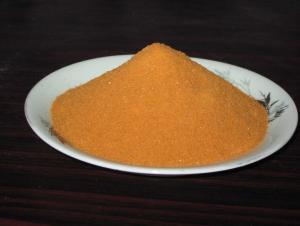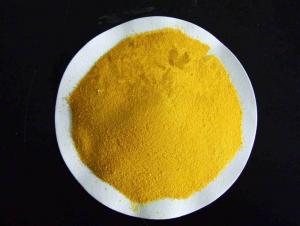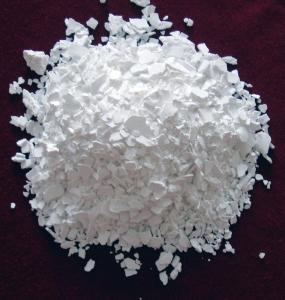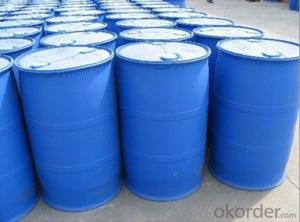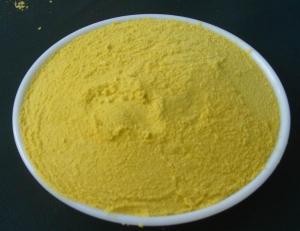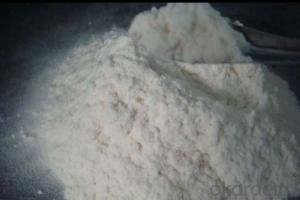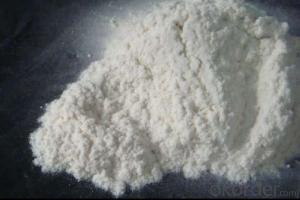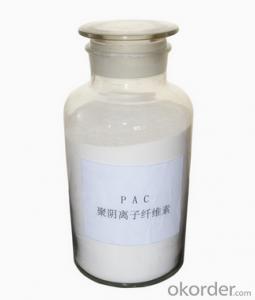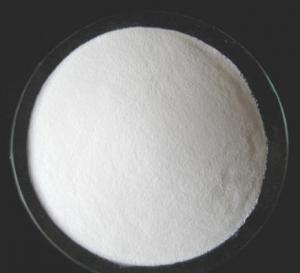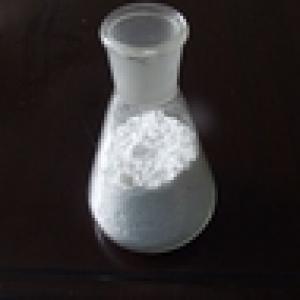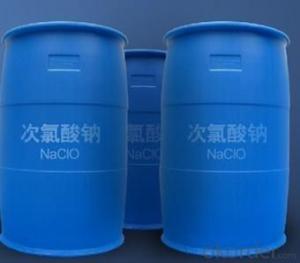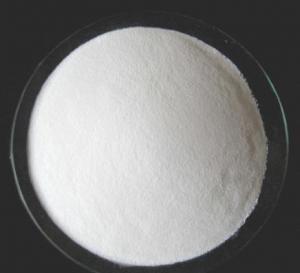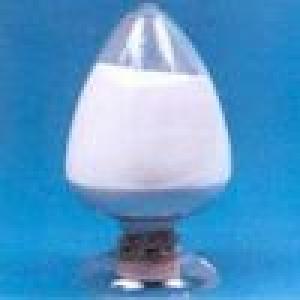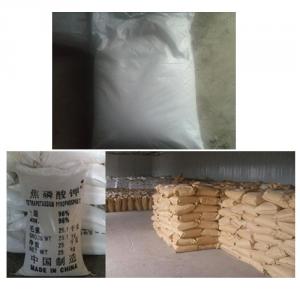Oil Drilling PAC with High viscosity
- Loading Port:
- Tianjin
- Payment Terms:
- TT OR LC
- Min Order Qty:
- -
- Supply Capability:
- 6000 m.t./month
OKorder Service Pledge
OKorder Financial Service
You Might Also Like
Polyaluminium chloride PAC 30%min
1. Features of polyaluminium chloride
a. highest grade raw materials
b. light yellow powder
c. Low heavy metal
d. High AL2O3, 30% min
2. Specification of polyaluminium chloride
Industrial water grade:
Properties: sandy beige fine powder use spray drying technology.
Usages: The product is widely used for industrial water and wastewater treatment, such as those containing radioactive substances, lead (Pb + +) chromium (Cr + + +) highly toxic heavy metals and fluoride (F) sewage. In addition, also use in precision casting, paper, leather, etc.
Item | Specification guaranteed |
AL2O3 % Min | 30 |
Basicity 8% | 50-90 |
Max. water insoluble % | 0.05 |
PH value(1% content in water) | 3.5-5.0 |
Drinkable water treatment:
Properties: Lemon yellow fine powder use spray drying technology.
Usages:The product is widely used for drinking water treatment, also use in precision casting, paper, leather, etc.
Item | Specification guaranteed |
AL2O3 % Min | 30 |
Basicity % | 70-85 |
Max. water insoluble % | 0.1 |
PH value | 3.5-5.0 |
Fe, %, ≤ | 0.2 |
As, %, ≤ | 0.0002 |
Mn, %, ≤ | 0.0075 |
Cr 6+ %, ≤ | 0.0005 |
Hg %, ≤ | 0.00001 |
Pb %, ≤ | 0.001 |
Cd %, ≤ | 0.0002 |
Milk white PAC
Properties: White fine powder use spray drying technology.
Usages: Mainly used for portable water, urban sewage purification; in food processing industry, it's mainly used as sugar decolorization clarifying agent; as sizing auxiliary in paper mills; For cloth anti-creasing
Item | Specification guaranteed |
AL2O3 % Min | 30 |
Basicity % | 40-60 |
Max. water insoluble % | 0.01 |
PH value | 3.5-5.0 |
Fe, %, ≤ | 0.2 |
As, %, ≤ | 0.0002 |
Mn, %, ≤ | 0.0075 |
Cr 6+ %, ≤ | 0.0005 |
Hg %, ≤ | 0.00001 |
Pb %, ≤ | 0.001 |
Cd %, ≤ | 0.0002 |
3. Packing of polyaluminium chloride
20kg / 25kg / 900kg / 1000kg Plastic Bag
- Q: The stronger the transpiration is, the faster the absorption rate of inorganic salts and water is
- Due to dry conditions are not complete, the lack of text, can not be a normal answer.
- Q: What is the inorganic salt
- The main sources of various inorganic salts and the lack of the main performance (1) sodium sodium is the main ingredient of salt.China's nutrition society recommended adults over 18 years of age sodium intake of 2.2 grams per day, the elderly should take light food Sodium is commonly found in a variety of foods. The main sources of sodium are sodium, soy sauce, pickled foods, smoked foods, salty foods, etc. (2 Calcium is an important part of bone. Disease, osteoporosis, etc .. China Nutrition Society recommended adults aged 18-50 adult calcium intake of 800 mg per day; 50 years of age in the elderly 1000 mg.General calcium-rich foods are milk, yogurt, Oatmeal, sea cucumber, shrimp, wheat, soybean meal, soy products, lily, etc. (3) magnesium is the necessary elements to maintain the structure and function of bone cells.Magnesium deficiency can lead to nervous tension, emotional instability, muscle tremor and so on. (4) Phosphorus is an important part of the composition of bones and teeth. (4) Phosphorus is an important component of bone and teeth. (4) Phosphorus is an important component of bone and teeth. Severe phosphorus deficiency can lead to anorexia, anemia, etc. China Nutrition Society recommended adults over 18 years of age the appropriate intake of phosphorus is 700 mg. Common phosphorus-containing foods are lean meat, eggs, milk, animal offal, kelp, Nuts, coarse grains. (5) Iron is the most content of trace elements in the human body, iron and the human body's life and its health are closely related to iron deficiency will lead to iron deficiency anemia, immunity decreased. China Nutrition Society recommended 50 years old More than men's or women's iron daily intake of 715 mg. Common iron-rich foods are animal liver, kidney, caviar, lean meat, potatoes, wheat bran.
- Q: give me at least 5 substances
- Organic acids: acetic acid(vinegar), oxalic acid. citric acid(lemon), butaric acid, propionic acid. Inorganic Acids: Hydrochloric acid, nitric acid, sulfuric acid, phosphoric acid, hydrobromic acid. Bases: sodium hydroxide, potassium hydroxide, calcium hydroxide, ammonia, magnesium hydroxide. salts: table salt (sodium chloride), potassium fluoride, barium sulfate, magnesium bromide
- Q: Chemical formula The longest inorganic salt
- The primary stage on the salt, acid salt and so on
- Q: What are the important physiological effects of inorganic salts in cells
- Composition of cells in some important compounds,
- Q: Can inorganic salts act as stabilizers for emulsified asphalt?
- can. The general use of calcium chloride and ammonium chloride more stable emulsifier
- Q: Does the plant absorb some of the inorganic salt?
- Of course, plant water absorption and absorption of inorganic salts are a certain association, inorganic salts to be dissolved in water to be absorbed, and inorganic salt ions in the transport of plants can not be separated from water.
- Q: Is calcium carbide inactive?
- Calcium carbide, the chemical formula for the CaC2, not inorganic salts. Salt refers to the metal ions and acid ions of the compound, calcium carbide does not have the corresponding acid.
- Q: What are the main physiological functions of inorganic salts?
- to maintain the organization's normal excitability
- Q: Is urea an inorganic salt?
- Is not organic matter ah inorganic salts are present in the body and food minerals in the mineral, composed of organic matter and inorganic synthesis of the human body has been found to have more than 20 kinds of essential inorganic salts, about 4 to 5% of body weight. More (> 5g) for calcium, phosphorus, potassium, sodium, chlorine, magnesium, sulfur seven; daily dietary requirements are more than 100mg, known as constant elements. Other low content, with the modern analysis of technological progress Iron, copper, zinc, manganese, cobalt, molybdenum, selenium, chromium, nickel, silicon, fluorine, vanadium and other elements were found by atomic absorption spectroscopy, neutron activation, plasma emission spectroscopy and other trace analysis methods. But also the human body is necessary, the daily dietary requirements for the amount of μg ~ mg called trace elements.
Send your message to us
Oil Drilling PAC with High viscosity
- Loading Port:
- Tianjin
- Payment Terms:
- TT OR LC
- Min Order Qty:
- -
- Supply Capability:
- 6000 m.t./month
OKorder Service Pledge
OKorder Financial Service
Similar products
Hot products
Hot Searches
